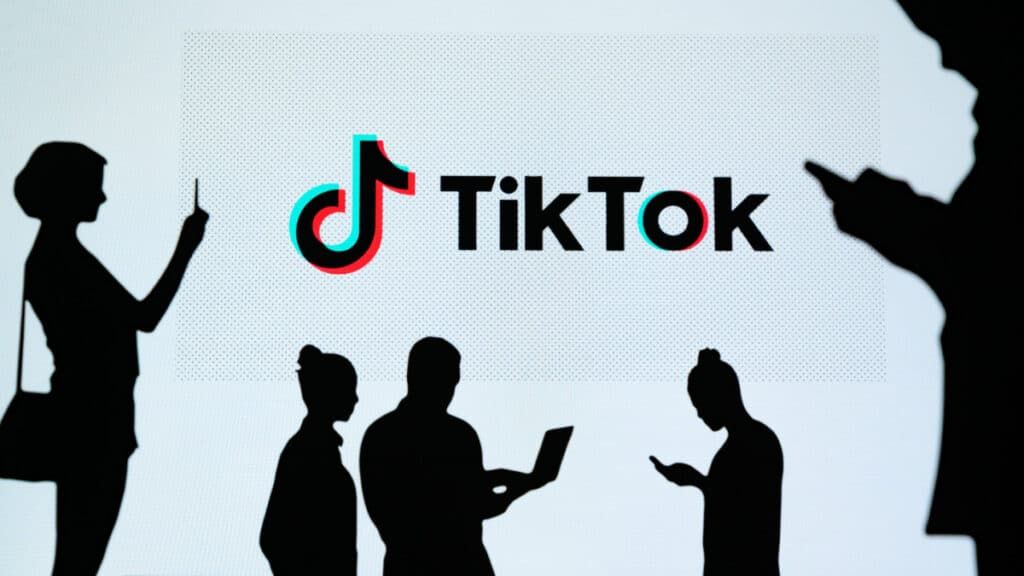TikTok Bans: Short-Sighted Solutions to the Wrong Problem
Willmary Escoto / Mar 19, 2023TikTok’s not the root of U.S. privacy problems. Outlawing it is no solution, says Willmary Escoto, Esq. U.S. Policy Analyst at Access Now, a global human rights organization that defends and extends the digital rights of people at risk around the world.

TikTok’s dire data practices have kicked off a global movement for reform, driving momentum for targeted bans, shutdowns, or divestiture. As Congress prepares for a hearing in the House Energy & Commerce Committee with the company’s CEO on the national security implications of the popular social media app, parallel conversations are taking place across the globe.
Here’s the thing — none of these crackdowns would dramatically enhance the privacy of people using the app. On the contrary, they would violate users' rights to express themselves online.
Efforts to address TikTok's privacy and security threats must prioritize principles of data minimization, transparency, and accountability to protect the public and preserve democratic values. For decades, Congress has tiptoed around the issue and created a space for TikTok and the whole social media industry to thrive from damaging data harvesting practices. Rather than the surface-level solution of a ban on one problematic platform, the government must prioritize enacting a federal data protection law that tackles the real problem: how companies harvest and monetize our data.
The Geopolitics of a Ban
Like all social media platforms, TikTok’s ongoing data harvesting agenda has rung serious privacy and security alarm bells for years, prompting ill-directed calls for it to be penalized. In December, Congress banned the app from all federal government devices. When several state governments followed suit, some faculty at public universities responded to state lawmakers that passed overly broad laws, threatening privacy and freedom of expression. Legislators on both sides of the aisle have proposed troubling measures to address the perceived risks associated with the app. Some members of Congress are pushing for a more comprehensive ban, advocating for TikTok to be removed from the country altogether, and with the recently-introduced bipartisan Senate bill, the RESTRICT Act, gaining the blessing of the White House despite heavy criticism from civil society, technologists, and advocates, the path for a nation-wide TikTok ban is already being paved.
There is an urgent need for transparent and comprehensive disclosures about the potential dangers of TikTok. The current opacity makes it difficult to understand the existing government bans and for consumers to decide whether to use the app. People, particularly marginalized communities, deserve to know whether they may be at a higher risk for cyber attacks, surveillance, or other forms of exploitation. Without more information from the U.S. government on these claims, it is impossible to determine the extent of the potential harms associated with using TikTok and with taking appropriate measures to mitigate these risks. The potential harms implicated by the app necessitate diligent investigation and robust measures to safeguard all users from potential threats.
Ripples in the Pond
The fervent drive to restrict or limit TikTok's operation underscores a palpable sense of urgency surrounding the mounting red flags around the company’s privacy and security. TikTok affects people worldwide, and any regulatory action taken by the U.S. government will likely have implications beyond its borders. The U.S. and Canada issued orders the same week banning the use of TikTok on government-issued mobile devices. Shortly after, the European Union, Belgium, the UK, and others also banned the app from government officials and employee phones. Meanwhile, countries like India, Azerbaijan, and Armenia have long implemented complete shutdowns of TikTok, further emphasizing the risks associated with government control over the internet and electronic communications.
Congress must tread carefully in its efforts to address privacy and security issues, ensuring that any proposed solutions do not trigger online restrictions and censorship measures around the globe.
It’s Bigger than One App — It’s About Human Rights
The movement to restrict one app raises essential questions about human rights, data protection, and government overreach. The lack of transparency in how companies collect, use, and sell our data is pervasive — and where we should be directing our attention. While TikTok has been in the spotlight recently, it is far from the only entity guilty of harvesting and monetizing people’s data. In fact, TikTok is mimicking the poor industry standards developed by U.S. tech companies and social media that has been undermining the privacy and data rights of people in America and around the world for years.
The proposed bans on TikTok, both at the state and federal levels, signify a short-sighted and inadequate solution to the issue of data protection. The systemic insecurity of our sensitive, personal data requires across-the-board responses. Rather than addressing the core problem, these bandaid proposals merely distract us from the need for a comprehensive federal data protection law. Implementing new human rights-centric legislation is imperative to ensure data privacy and security for all users, regardless of the origin of their chosen app or platform.
Authors
